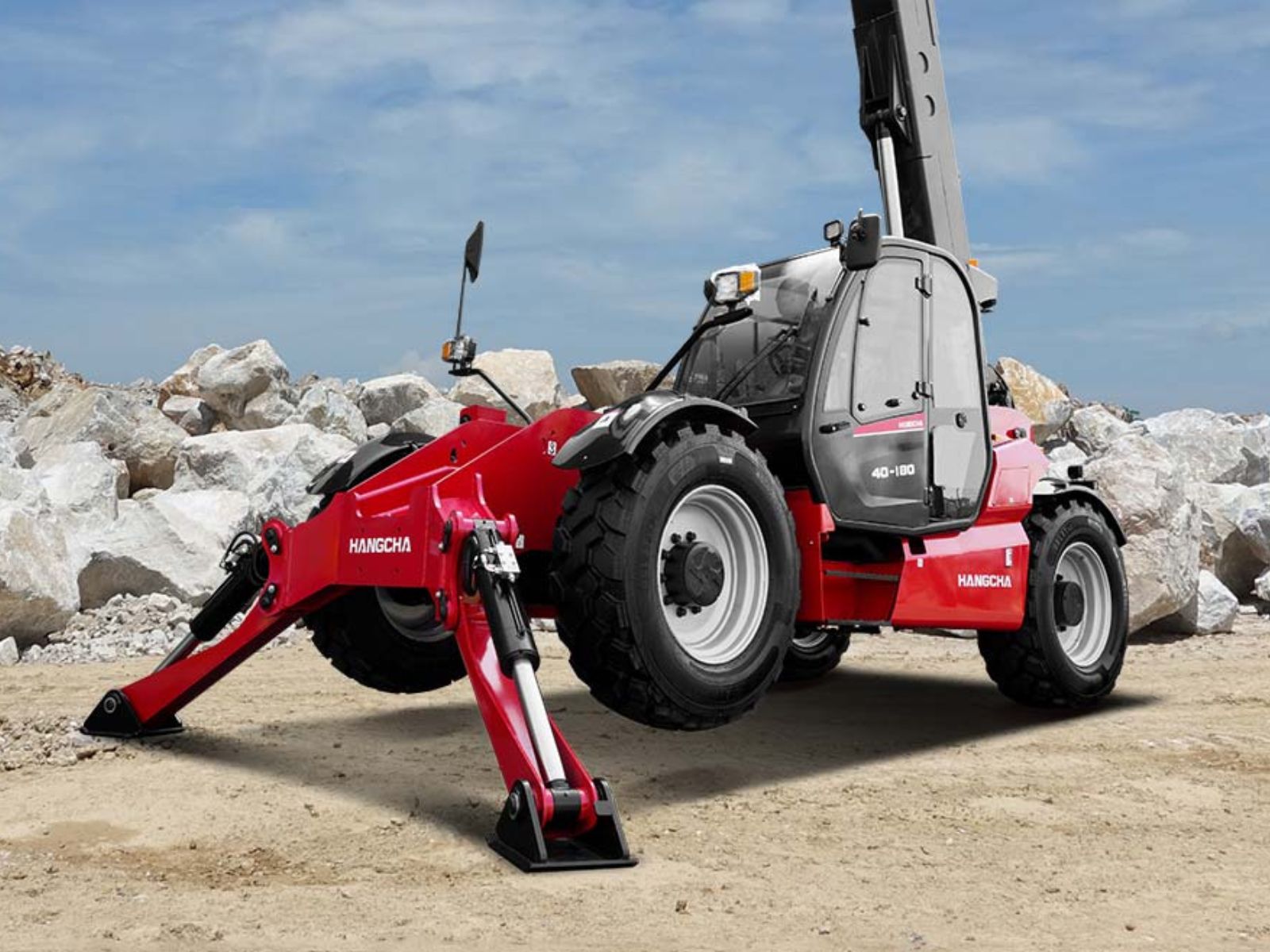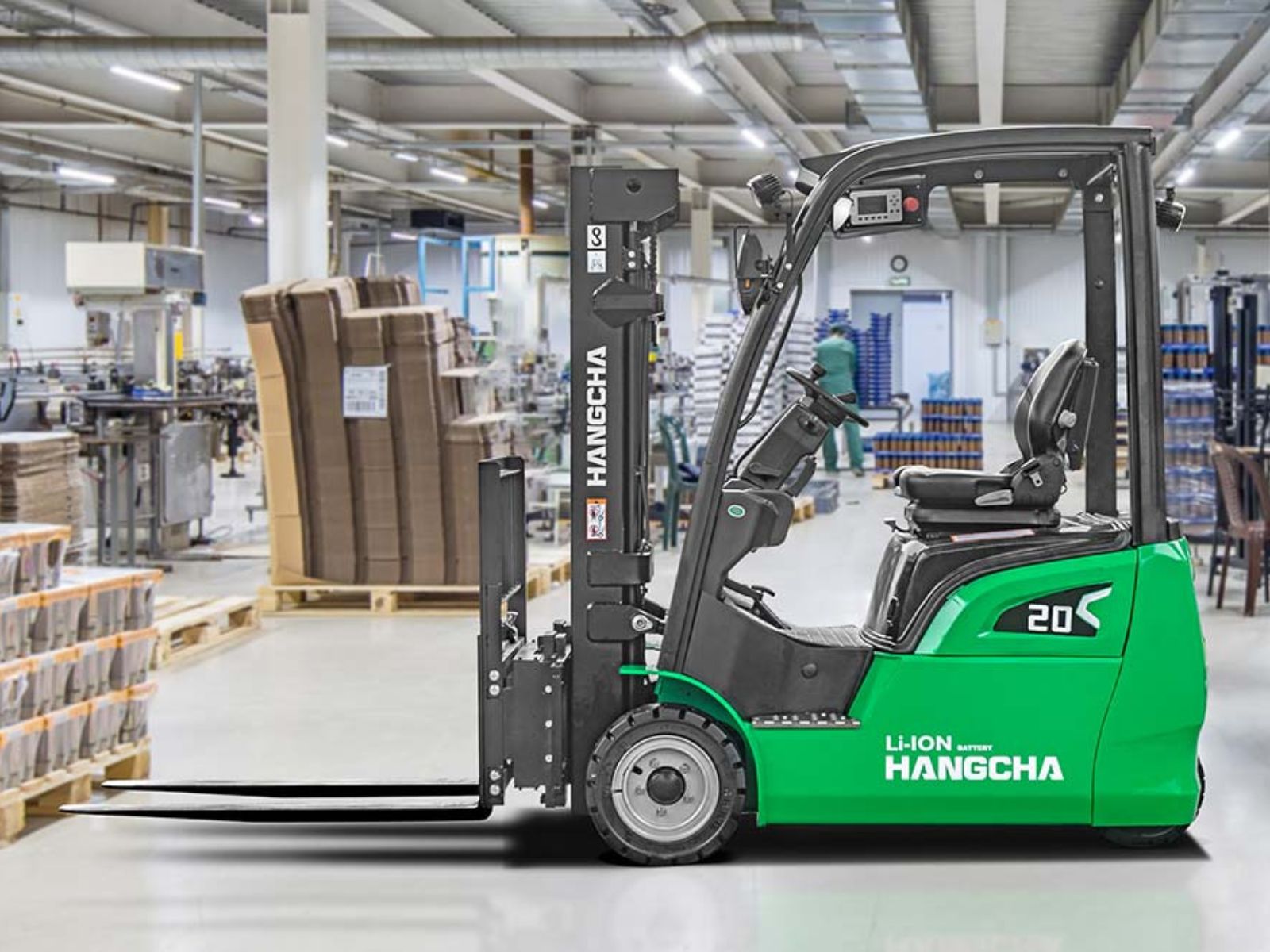Electric forklifts, as a pivotal component in modern industrial and warehousing systems, are gaining significant traction globally. Particularly in Australia, they are becoming the preferred choice across various sectors due to their efficiency and eco-friendly attributes. This trend not only reflects technological advancements but also mirrors the growing market demand for sustainable development and green logistics.
Current Market Status in Australia
The Australian market for electric forklifts is experiencing rapid growth. The market size and projected growth rate indicate a positive trajectory. This growth is primarily driven by technological advancements and increasing environmental awareness. As businesses focus more on reducing carbon footprints and enhancing energy efficiency, electric forklifts, known for their low emissions and high efficiency, are becoming an ideal choice. Additionally, government support and incentives for green technologies are further propelling market development.
Technological Development of Electric Forklifts
The technology behind electric forklifts is continually evolving, especially in terms of battery efficiency and intelligent management systems. Modern electric forklifts are equipped with high-efficiency lithium-ion batteries, which not only extend operational time but also reduce charging duration, significantly enhancing work efficiency. The introduction of intelligent management systems has made electric forklifts more precise and easier to control, further boosting the efficiency of logistics and warehousing operations. Compared to traditional internal combustion forklifts, electric forklifts offer lower operational and maintenance costs, making them a financially viable option in the long run despite a higher initial investment. However, the widespread adoption of electric forklifts is still constrained by the development of charging infrastructure and further refinement in battery technology.
Market Potential of Electric Forklifts
Electric forklifts possess immense potential in modern logistics, warehousing, and industrial applications, especially in enhancing efficiency and reducing environmental impact. With the advancement in electric technology, electric forklifts have significantly surpassed traditional models in terms of handling speed, operational flexibility, and precision. Additionally, their emission-free operation in indoor environments makes them ideal for the food processing and pharmaceutical industries.
Environmental and Operational Benefits
The positive environmental impacts of electric forklifts include significant reductions in greenhouse gas emissions and noise pollution. These vehicles add competitive advantage to businesses by improving energy efficiency and reducing long-term operational costs. The low energy consumption and maintenance requirements of electric forklifts provide economic benefits to businesses while helping them achieve their sustainability goals.
Market Challenges and Opportunities
The primary challenges the market faces include the high initial cost of investment and battery maintenance issues. However, government incentives and ongoing technological innovations present opportunities for the market. Government subsidies and tax benefits could lower the purchasing costs, while technological advancements could improve battery life and efficiency, further propelling market growth.
Future Outlook for Electric Forklifts in Australia
In the coming years, the Australian electric forklift market is expected to continue its growth trajectory. Potential growth areas include applications in e-commerce, retail, and manufacturing sectors. With the booming e-commerce sector, the demand for efficient and eco-friendly logistics solutions will persist. Additionally, technological innovations, such as more efficient batteries and automation features, will be key to driving market development. Challenges include the development of charging infrastructure and managing battery costs.
The significance of electric forklifts in the Australian market is increasingly evident. With technological advancements and the growing market demand for sustainable solutions, electric forklifts will continue to play a key role in industrial and commercial sectors. Despite some challenges, the future potential of electric forklifts is substantial, promising to bring revolutionary changes to Australia’s logistics and warehousing industry.





.webp)